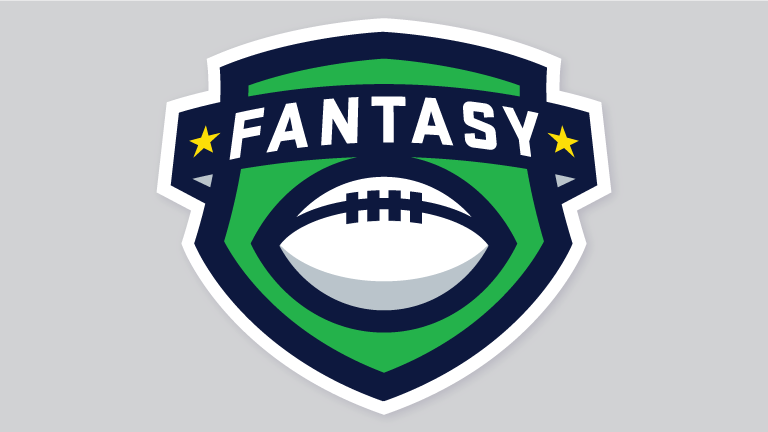Ryan Sewell ’24 | Adamo DiCarlo ’24
With the start of the NFL season, many people in the EA community are also beginning their fantasy football seasons. There is both anxiety and excitement in the air, as many fantasy managers and NFL fans have high expectations for their teams.
Fantasy football, a game in which people select professional football players and compete against their friends, requires many key decisions in order to get a team the most possible points and hopefully win the league. Many look for advice on social media or sports channels. There are a few fantasy football gurus at EA and avid supporters of NFL teams in the faculty, such as Upper School World Religions teacher Michael Sheehan and Upper School Math Teacher Andrew Newton.
Sheehan has been participating in fantasy leagues since he was in high school, and his current fantasy league has been running\ since his freshman year of college.His controversial opinion, and part of his advice for fellow fantasy managers, is that “the draft is almost meaningless, and you have to work the waiver wire.” The waiver wire is a tool in fantasy football that allows fantasy managers to pick up free agents who are not currently on another team.
Furthermore, Sheehan advises fantasy managers to pay attention to the people behind the drafts and not just the players. He chooses players that his league-mates are interested in to bait them into trades. This year, he favors the Eagles and Bills as Super Bowl contenders. As for specific players, he recommends fantasy managers to trade for D’Andre Swift and Deebo Samuel.

Photo courtesy of espn.com
As a math teacher, Newton likes to consider numbers and probabilities when calculating his perfect fantasy team. His initial strategy for the draft is to select the elite running backs off the board first and then think about his receivers. He states, “I like drafting running backs more than I like drafting wide receivers early. That being said, I think that wide receivers are going to outscore running backs this season big time.” Using the numbers, the “running back early” strategy can be very effective. Since there are only 32 teams in the NFL, there are only around 20 to 25 solid running backs who you can rely on. However, because most teams utilize two to three receivers in their offense, there are many more good receiver choices that can be selected later in the draft.
Newton warns that real-life production does not always equal fantasy football points. A great example of this is Carson Wentz: he may be throwing for hundreds of yards, but the majority of attainable points come from touchdown production, which the Commander’s offense has recently struggled with.
Some EA students have strong opinions on both NFL and fantasy football, including Channing Wells ’24, Colin Schlitt ’24, Angelo Coia ’24, Rohan Sivakumar ’24, and David Cataldo ’24. All shared similar faith in the Bills being the most dominant team this season. Cataldo and Coia imparted the incredibly helpful advice that fantasy managers should “avoid sleeper picks in the draft and waivers, and stick to players who are definitely worth your pick or team spot.” For teams outside of Super Bowl contention, many recognize the potential of the Lions and Jaguars, and Sivakumar suggests the potential breakout of the Chargers despite a shaky start.
Either listen to some of the advice of these EA community members, or don’t. Good luck!